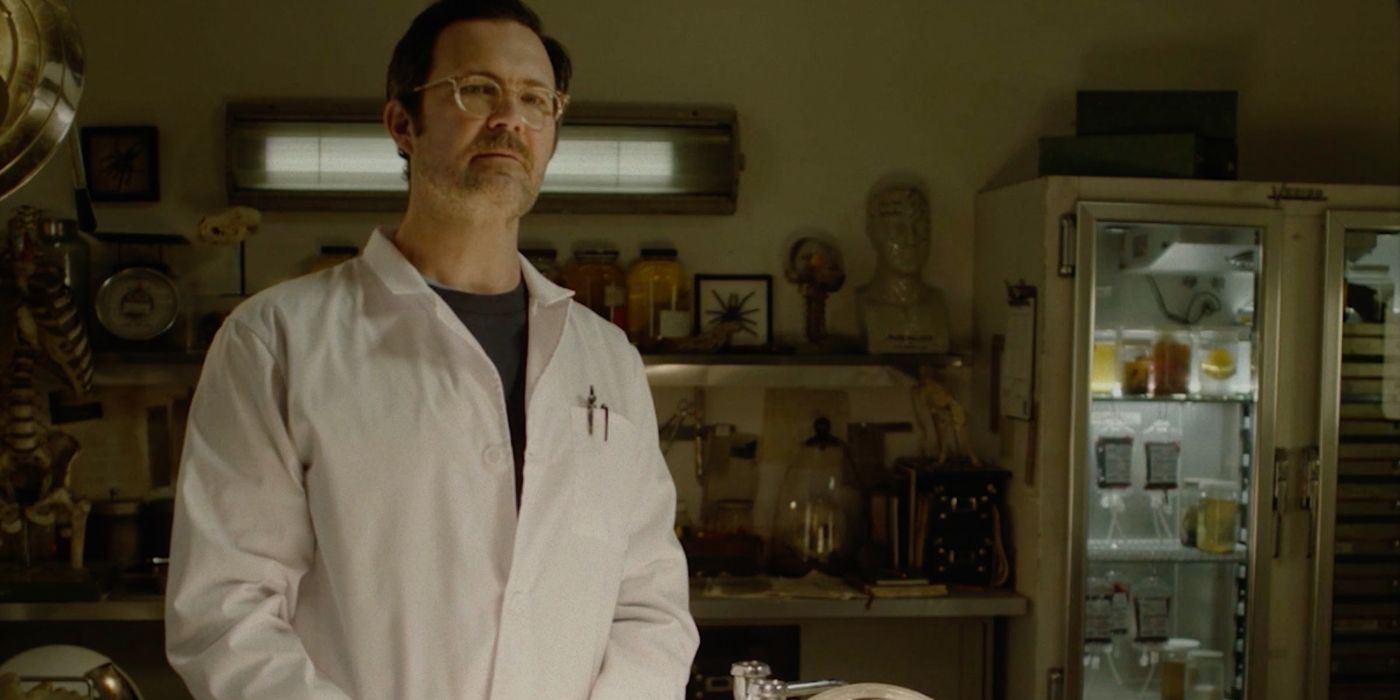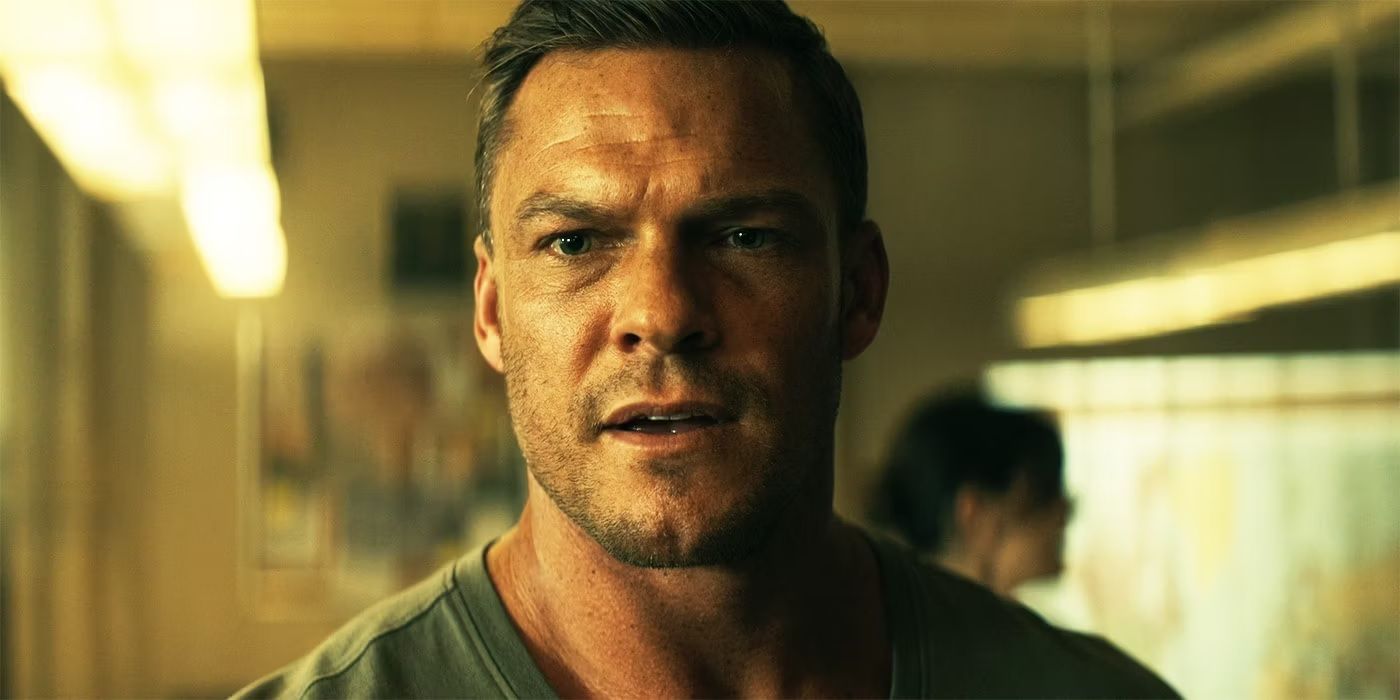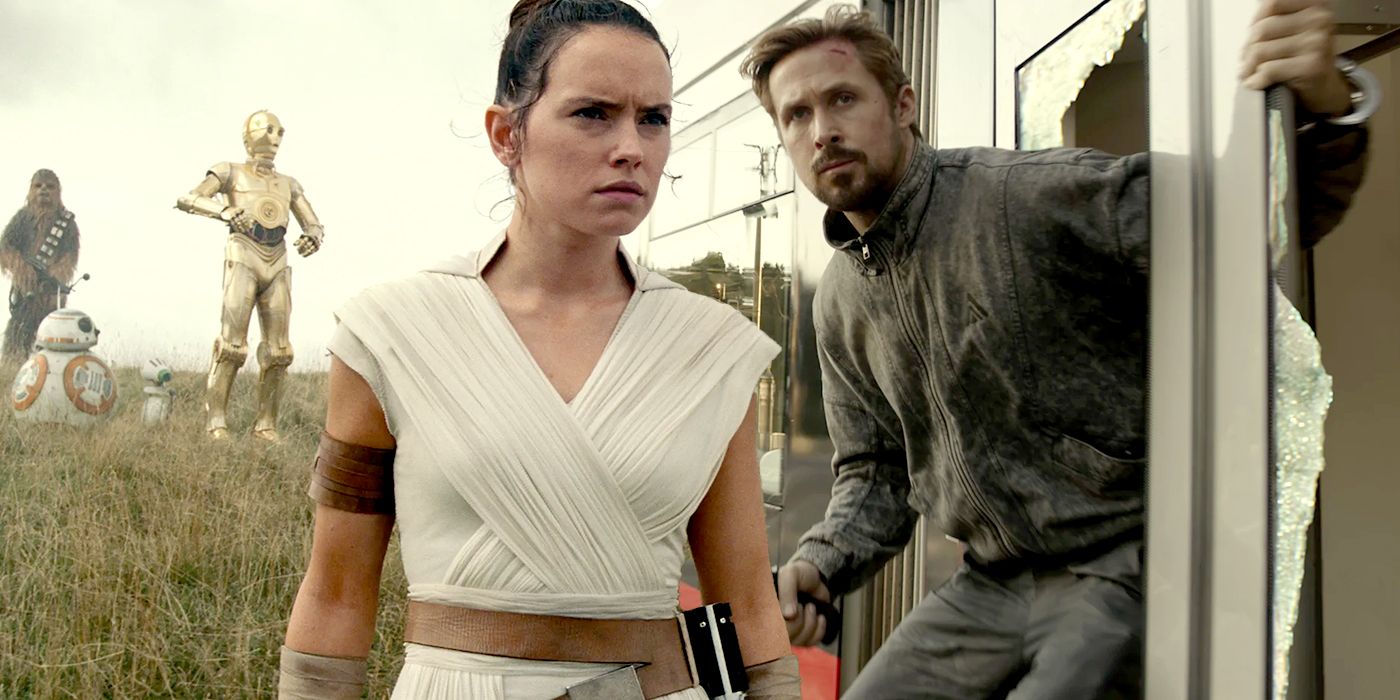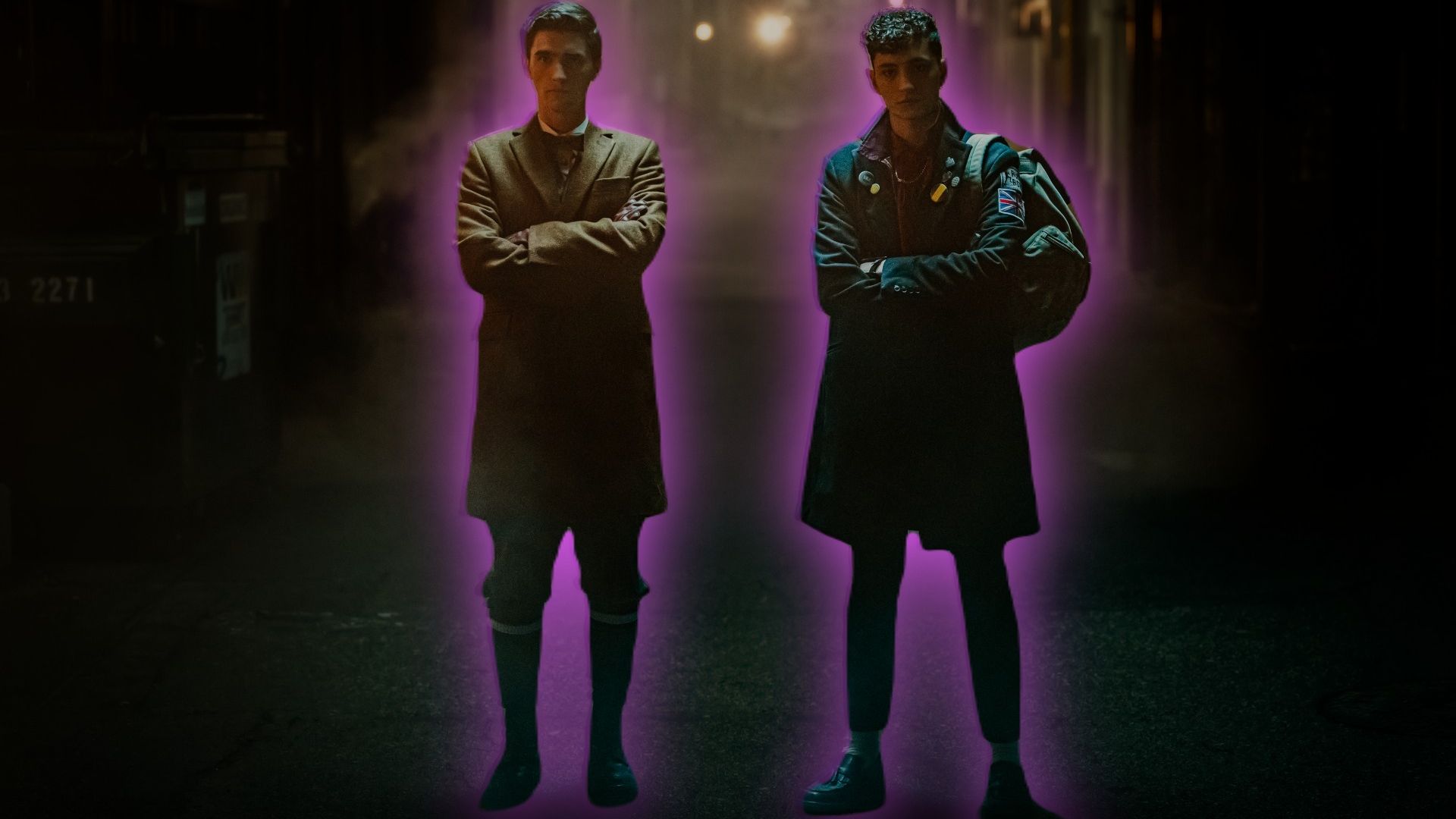In this future, something exists called a “techno sapien.” Imagine the logical development of tech like Alexa to an android form, a companion who can assist around the house, learn new habits, and even provide a tie for your adopted child to her culture. That was the hope of parents Jake (Colin Farrell) and Kyra (Jodie Turner-Smith) when they purchased Yang (Justin H. Min), more than just a babysitter to young Mika (Malea Emma Tjandrawidjaja). Yang became a part of the family. And then Yang broke.
Jake encourages the heartbroken Mika that he can find the person to repair the unresponsive Yang, but Jake bought him refurbished instead of new, so the warranty and even the original seller aren’t as easy to track down. It leads him to an underground parts dealer who basically removes a memory bank from Yang. The designers were testing a technology wherein the androids could record a few seconds at a time whatever they considered important. Jake watches some of these memories, many of which unfold as montages that reminded me of the memories from “The Tree of Life”—a beautiful moment with Mika, something gorgeous in mother nature, a sound bite, etc. The impact of these sequences is unforgettable if you really consider what’s happening. Imagine being able to look through the eyes and memories of someone you’ve lost. What did they consider important enough to record? What mattered to them? How did they see you and themselves? As Jake endeavors to save Yang, he discovers how much he didn’t know about him, including a relationship with a girl named Ada (Haley Lu Richardson), who has a startling story of her own.
There are also flashbacks to key moments in the life of Yang with the family. Kogonada plays with aspect ratio, using three to delineate perspectives. In one of the crucial Jake memories, Yang is asking his owner/father how he got into the business of selling tea. Jake tells him he doesn’t even like the flavor but the experience—the steeping, the smell, the process. Yang knows all the facts there are to know about the history of tea, but he can’t be programmed with what really interests Jake about it. And Kogonada expands on this tactile quality throughout the movie. It’s a sci-fi film movie that’s more interested in mother nature than technology. “After Yang” has a smell and a texture that’s rare in any genre, but especially science fiction. It reminded me of the work of Andrei Tarkovsky in this way.
You can view the original article HERE.




























